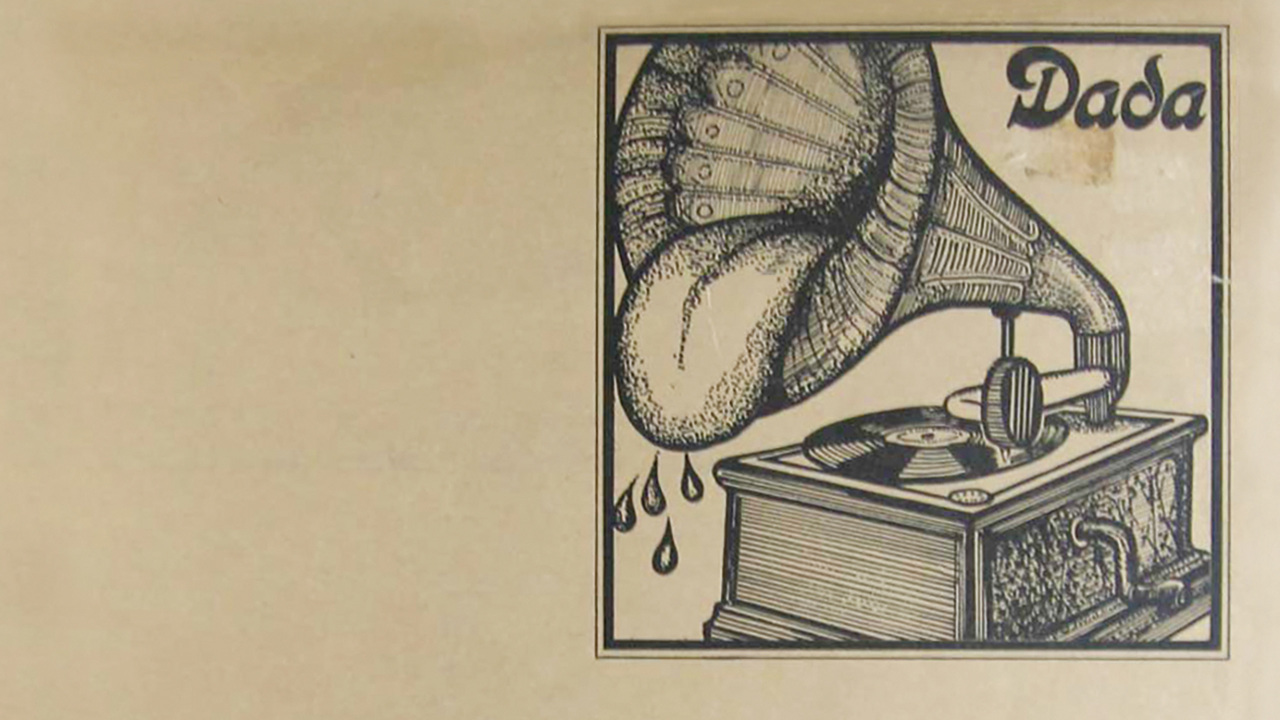
Founded by ex-Geno Washington And The Ram Jam Band guitarist, Pete Gage, Dada wholeheartedly embraced the experimental ethos informing much of the late ‘60s/early ‘70s underground scene. A nine-piece outfit complete with a brass section, the front line boasted no less than three vocalists including Elkie Brooks and ex-Hair cast member, singer-songwriter Paul Korda. The addition of legendary Hammond organist, Don Shinn, who had already recorded Don Shinn Takes A Trip, now revered as a classic slice of psychedelia and a highly sought-after example of the proto-prog genre, provides a nuanced and accomplished sound that’s incredibly varied and rich in detail.
Citing a mix of Zappa, Blood Sweat & Tears, Miles Davis, Sly & Family Stone as influences, the album is a striking mixture of gospel, folk, blues and rock, tinged with elements of folk, jazz and classical motifs. “The biggest criticism from management and record executives was there were ‘too many styles’ and ‘lack of direction’ making it too hard to market,” says Pete Gage, speaking from his home in Australia where he now teaches music production. “I pointed out it wasn’t called Dada by accident. The art movement that began around the outbreak of World War One from which we took our name, was driven by shock, juxtaposition, irony, cross-collateralisation of artistic influences. You were not expected to be ‘comfortable’ with everything we played.”
Big Dipper quickly stretches beyond its initial blues-stomp remit into a multi-sectioned suite encompassing lilting reflection, atonal synth-style soundwaves, eventually transitioning into a galloping shuffle with cascading Hammond organ punctuated by brass stabs. The psych-tinged complexities of Eyes Of The Warren with unconventional vocal arrangements also typifies their eclectic ambitions.
A long-form cover of The Rolling Stones’ The Last Time showcases their imaginative arrangements. Included on The Age Of Atlantic sampler album, they hold their own against some of the better-known Atlantic acts on the label.“Atlantic were confused why we didn’t fit into a genre. So we did a Stones number so they could follow the artistic journey Dada offered. I always loved Keith Richards’ riff and the original Staples Singers’ Last Time, so taking the riff on a journey was fun, especially the 7⁄4 tempo pick up, influenced by Soft Machine and Dave Brubeck’s work with time signatures.”
Personnel changes saw vocalist Robert Palmer join after the album was released. Despite well-received shows in the USA, financial pressures forced Dada to fold in 1971. Tempered by the mixed reactions to Dada, Gage, Brooks and Palmer opted to form something more accessible to a mainstream audience with their next venture, Vinegar Joe.
Sign up below to get the latest from Prog, plus exclusive special offers, direct to your inbox!
Sid's feature articles and reviews have appeared in numerous publications including Prog, Classic Rock, Record Collector, Q, Mojo and Uncut. A full-time freelance writer with hundreds of sleevenotes and essays for both indie and major record labels to his credit, his book, In The Court Of King Crimson, an acclaimed biography of King Crimson, was substantially revised and expanded in 2019 to coincide with the band’s 50th Anniversary. Alongside appearances on radio and TV, he has lectured on jazz and progressive music in the UK and Europe.
A resident of Whitley Bay in north-east England, he spends far too much time posting photographs of LPs he's listening to on Twitter and Facebook.

